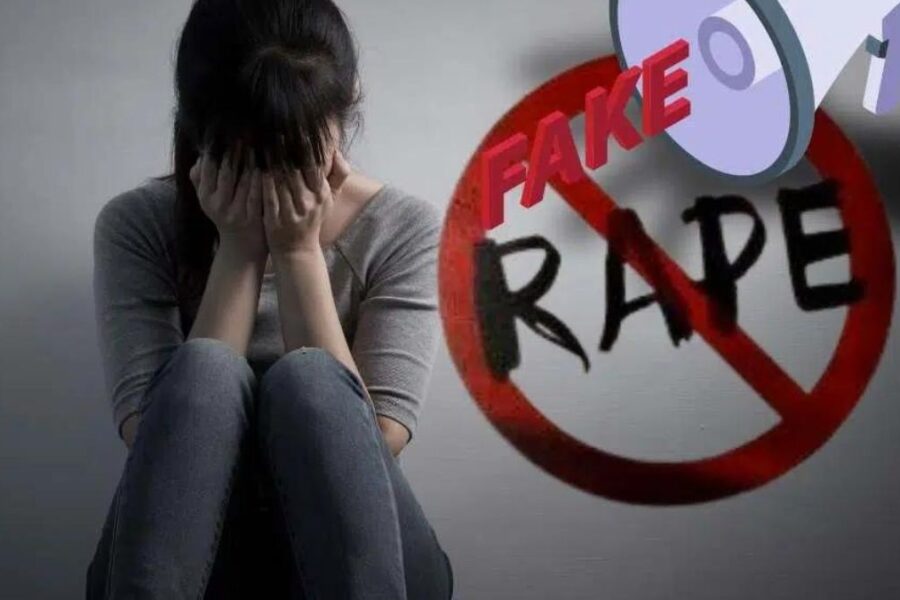False rape accusations, also referred to as false rape allegations or false rape claims, are allegations of rape or sexual assault made against an individual when, in reality, no such incident occurred. False rape accusations can have serious consequences, as they not only damage the reputation and well-being of the accused but also can undermine the credibility of genuine rape victims and the justice system as a whole. It is essential to approach these cases with sensitivity and a commitment to determining the truth.
The Supreme Court overturns the Allahabad High Court verdict
(Mirzapur Case)
In the context of false rape accusations, the Supreme Court has emphasized the need to protect the rights and reputation of the accused. A bench of justices, including BR Gavai and JB Pardiwala, has stated that when an accused seeks to have a First Information Report quashed on the grounds of it being frivolous or vexatious, the court must carefully scrutinize the FIR. It is important to recognize that while rape allegations can cause immense distress and humiliation to the victim, baseless accusations of rape can inflict similar harm, humiliation, and damage to the accused. The court is duty-bound to safeguard the accused against the possibility of false implication, especially when multiple individuals are involved in the case.
The Supreme Court further explained that in cases where the complainant in a rape case pursues legal action with ulterior motives, such as personal vendettas, the complainant will ensure that the FIR or complaint is meticulously drafted, including all the necessary elements required to constitute the alleged offense. Therefore, merely examining the content of the FIR or complaint is insufficient for the court to determine whether the essential elements of the alleged offense are present.
In cases involving frivolous or vexatious proceedings, the court must consider a range of other factors beyond the contents of the FIR. The court may, when necessary, meticulously analyze the surrounding circumstances and, with care and discernment, attempt to read between the lines of the case. The court, when exercising its jurisdiction under Section 482 of the Code of Criminal Procedure or Article 226 of the Constitution, is not limited to the stage of the case itself but can also take into account the overall circumstances that led to the initiation and registration of the case, as well as the evidence collected during the investigation.
This guidance was provided by the Supreme Court while overturning a decision by the Allahabad High Court to quash a case involving charges of rape and criminal intimidation at the Mirzapur Police Station in Saharanpur district, Uttar Pradesh. The Supreme Court found that the FIR in question did not contain any allegations of rape or criminal intimidation against the accused and that the accused had been unfairly targeted. The court concluded that if the FIR did not substantiate any charges against the appellant, and if no incriminating evidence had emerged against the appellant after the investigation, continuing the criminal proceedings against the appellant would constitute a gross misuse of the legal process.
Context
Law enforcement agencies and the legal system must handle rape accusations with care, conducting thorough investigations and ensuring the accused rights are protected. It is also crucial to provide support and assistance to victims who may have been pressured into making false accusations.
Bhavesh Jangra- Legal Associate

